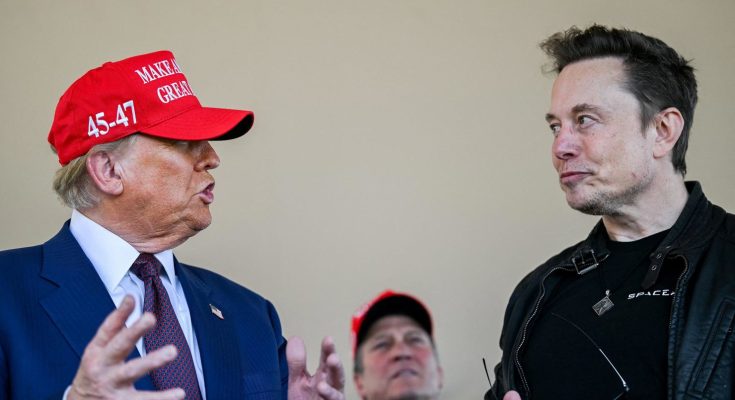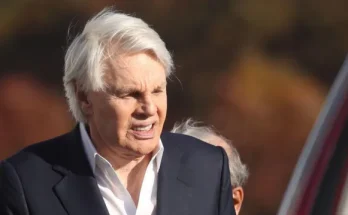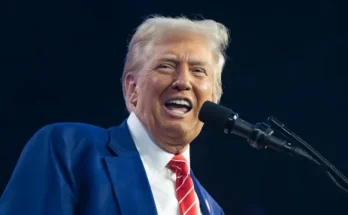Whether Elon Musk is seen as the true “president,” a “prime minister,” or simply Donald Trump’s multi-billionaire ally, his evolving role in American politics is raising unprecedented questions about potential conflicts of interest in the incoming administration.
Musk’s Impact on Government Decisions
The Tesla and SpaceX founder recently played a pivotal role in derailing a year-end House spending package. His intervention led to the replacement of the bill with a smaller stopgap law to keep the government running until March. Republican lawmakers, quick to defend Musk, highlighted his influence.
Tennessee Senator Bill Hagerty praised Musk on CNN’s State of the Union, claiming that without him, the public might never have known what was in the proposed bill. “Thank God Elon Musk bought Twitter,” Hagerty said, reflecting Musk’s hold on the GOP base. The billionaire’s critique of “bloated spending” reportedly triggered a wave of calls to congressional offices from constituents.
Texas Representative Tony Gonzales, speaking on CBS’ Face the Nation, described Musk’s influence as akin to that of a “prime minister” in Washington’s power structure.
Democrats Push Back
Democrats have seized on Musk’s prominence to mockingly suggest he has more influence than Trump himself. Delaware Senator Chris Coons warned of potential chaos, suggesting Musk’s role could amplify instability during Trump’s second term. “This is a predictor of what’s likely to happen,” Coons said, referencing Musk’s capacity to disrupt policy debates.
Representative Brendan Boyle of Pennsylvania went further, labeling Musk the “real leader of the Republican Party” after his social media campaign helped derail bipartisan agreements.
Trump, however, dismissed the idea that Musk could overshadow him. Speaking at a Turning Point USA event, the president-elect reassured supporters: “No, he’s not going to be president… He wasn’t born in this country.”
A Visionary with Political Power
Musk’s innovative achievements in electric vehicles, space exploration, and communication technologies have earned him admiration from many Americans. However, his increasingly right-wing views and ability to mobilize public opinion through his platform X (formerly Twitter) have also made him a polarizing figure.
As co-chair of Trump’s newly formed Department of Government Efficiency (DOGE), Musk is poised to play a key role in reshaping government operations. Yet his vast business interests and reliance on government contracts raise concerns about potential conflicts of interest. Critics warn Musk could leverage his position to benefit his companies while wielding unelected power that extends far beyond most Americans.
Foreign Policy Complications
Musk’s global ventures, such as Tesla’s Shanghai plant and the Starlink internet service crucial to Ukraine’s war effort, could further complicate his role in the administration. His comments on international politics—such as endorsing Germany’s far-right AfD party—have already raised eyebrows. Critics argue that his outspoken nature could blur the line between personal opinions and official U.S. policy.
A Growing Rift on the Horizon?
Musk’s prominent role has sparked speculation about how long Trump will tolerate his rising profile. Historically, Trump has struggled to share the spotlight, and former allies like Chris Christie suggest Musk’s influence may eventually wane.
“When you start out, you’re the best thing in the world to him. But it always declines,” Christie said, predicting a potential fallout between the two high-profile figures.
For now, Musk’s influence remains undeniable, leaving the nation to grapple with the implications of a billionaire at the heart of the U.S. government. Whether his presence will ultimately benefit or destabilize the country remains to be seen.




